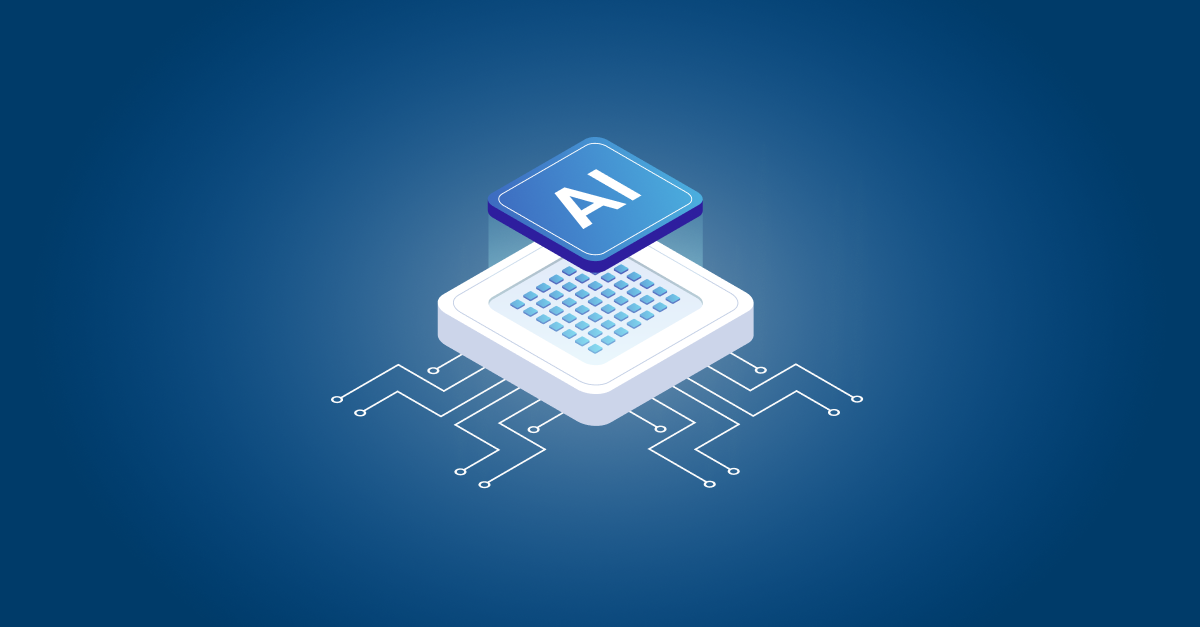How AI Is Reshaping Supply Chain Strategy: Insights from Bart De Muynck

Once, having more data meant having the upper hand. But in today’s logistics world, the floodgates have opened—and shippers are drowning. Billions of data points stream in from carriers, customers, devices, and platforms, yet too often, that data sits unused, unstructured, and under-leveraged.
As Bart De Muynck writes in his recent post, The Golden Age of Data: Fueling the Modern Supply Chain’s AI Revolution, the challenge is no longer about collecting information—it’s about turning that information into intelligence. And AI is the key.
Let’s break down Bart’s biggest takeaways—and how leading logistics organizations are already using these strategies to reduce risk, save money, and gain a competitive edge.
AI Isn’t Replacing Strategy—It’s Enabling It
“Leaders need to focus on leveraging technology not to replace humans, but to enable faster and better decisions.” — Bart De Muynck
According to Bart, AI isn't about removing the human element from logistics—it's about supercharging decision-making. AI allows organizations to go beyond basic visibility to answer strategic questions faster:
- Where are we leaking margin?
- Are we overspending on a lane or carrier?
- Can we flag issues before they become costly?
This mirrors work being done at Intelligent Audit, where AI-powered tools like Anomaly Detection are catching fraud, billing errors, and operational red flags that would take weeks—or never—be discovered manually.
From Data Volume to Data Value
Bart emphasizes that the real differentiator isn’t the amount of data you collect—it’s what you do with it.
“AI in supply chains is not about replacing humans but assisting them in the decision-making process by offering data-driven insights at scale.”
In a white paper, AI at IA: Transforming Supply Chains with Intelligent Automation, Intelligent Audit shows how machine learning models—from boosted decision trees to deep learning LSTMs—are turning data overload into precise, actionable insights. For example:
- Identifying a $1M fraud scheme within days, not months
- Flagging misapplied charges before they hit the company’s bottom line
- Automating invoice audits across all carriers and regions in real time
This is the evolution Bart is describing—AI that doesn’t just analyze the past but reshapes the future.
Forget Static Reports—Think Prescriptive Intelligence
Traditional BI tools stop at visibility. But as Bart points out, the new frontier is prescriptive intelligence:
“Supply chain leaders are moving from dashboards to decisions.”
This means AI isn’t just summarizing what happened—it’s recommending what to do next. Should you renegotiate a carrier contract? Shift modes on a certain lane? Automate a claims process?
By combining historical data, real-time performance, and predictive analytics, organizations are making faster, smarter, more confident decisions—and doing it at scale.
Don’t Wait for a Crisis to Innovate
The key message in Bart’s article is clear: supply chain AI isn’t a futuristic trend. It’s a right-now imperative.
And with disruptions continuing across modes, regions, and cost structures, waiting until something breaks is no longer a strategy.
That’s why Intelligent Audit is doubling down on the AI-powered tools that bring proactive control to shippers. From invoice automation to fraud detection, the solutions are here—and the results speak for themselves.
Want to Hear It Straight from Bart?
Join us for a live, expert-led session:
Essential Insights for Shippers with Bart De Muynck – Q3 2025
August 19, 2025
2:00 PM ET
Register here
You’ll hear directly from Bart and the Intelligent Audit team as we explore how to harness AI for greater cost control, visibility, and resilience in your supply chain.



